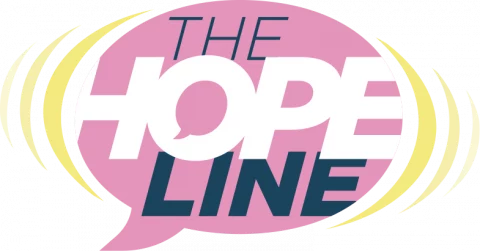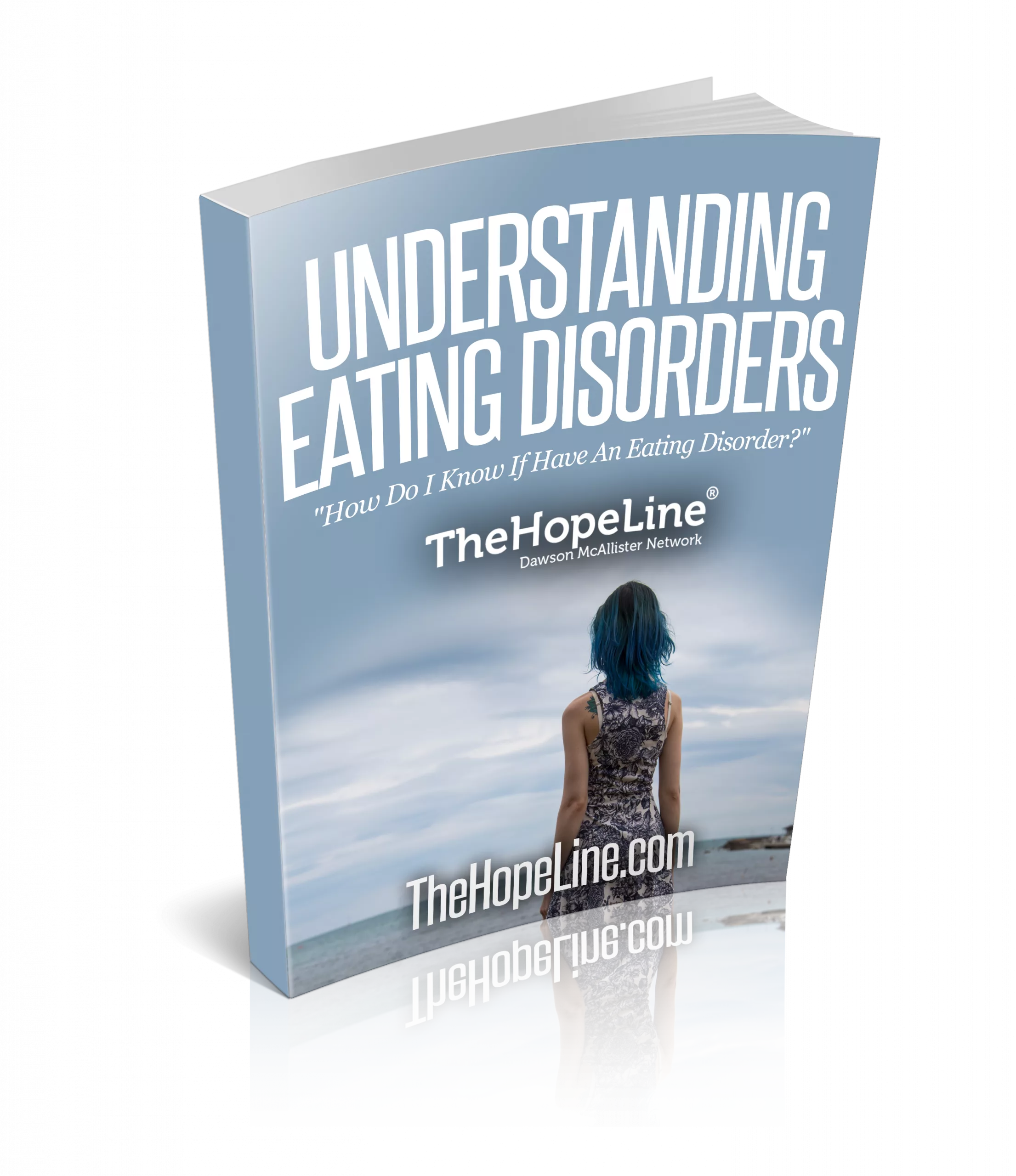An eating disorder is characterized by abnormal or disturbed eating habits, and an unhealthy relationship with food. You may eat too much, too little, or not at all. There are a variety of eating disorders, but some of the most prevalent symptoms across diagnoses include:
• Starving oneself, or eating as little as possible
• Severe or obsessive “dieting” that involves deprivation of food and/or stimulant drugs
• Going as long as possible without meals
• Becoming convinced that you are never thin enough, even if you are underweight for your height and age
• Eating too much, until you are so full you’re in pain (binging)
• Vomiting after you eat, either too relieve the pain of binge-eating, or in an attempt to lose more weight (purging)
• Eating excessively (such as finishing entire containers of food, eating much more than a suggested serving, etc.)
• Not changing your eating habits, even when a medical professional has warned you that your health and safety are at risk
• Using laxatives, diuretics, or enemas in an attempt to lose more weight
• Exercising more than recommended, beyond the point of pain and exhaustion
If you are experiencing any of these symptoms, it’s important to get help for your eating disorder immediately. Since your body needs to eat every day, eating disorders also become addictive behaviors, requiring additional support, mentoring, and monitoring.







 Privacy Policy / Terms of Use
Privacy Policy / Terms of Use